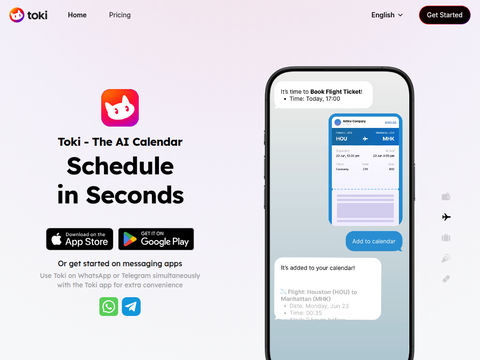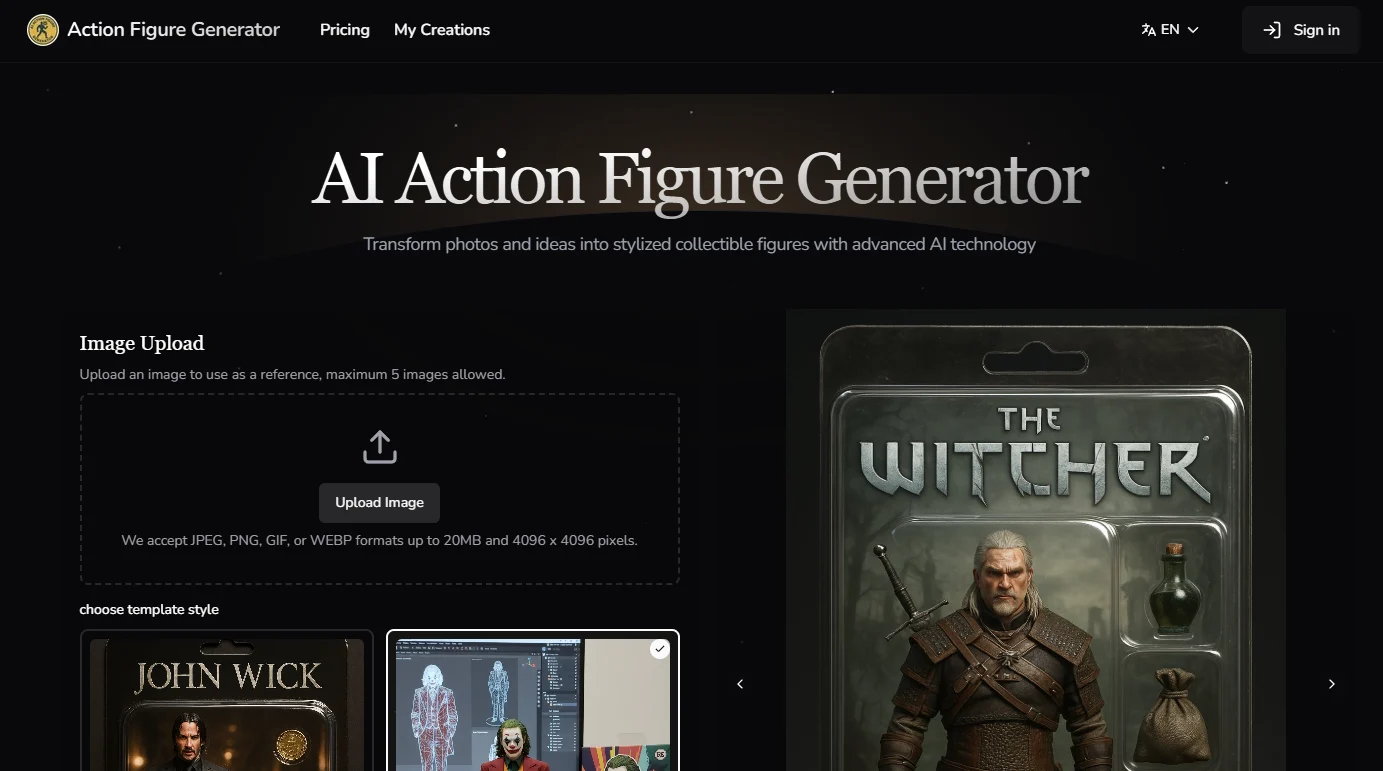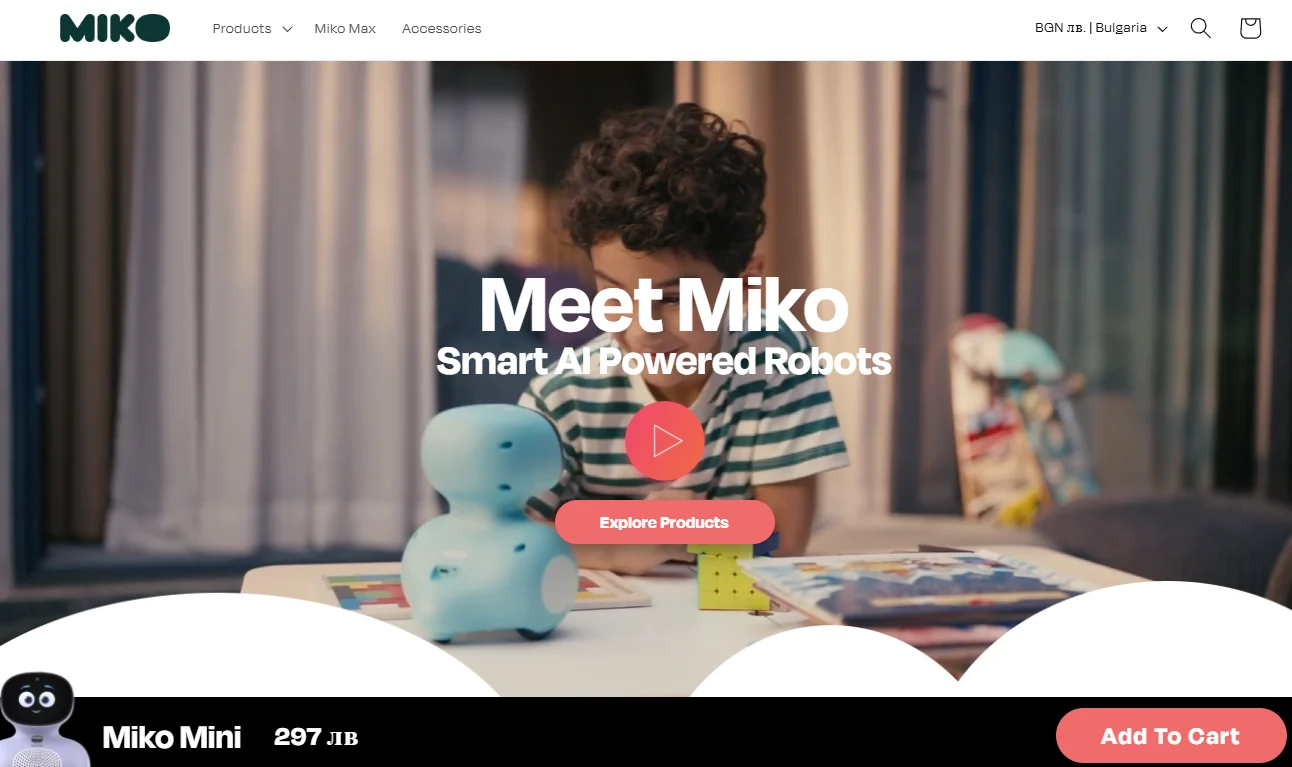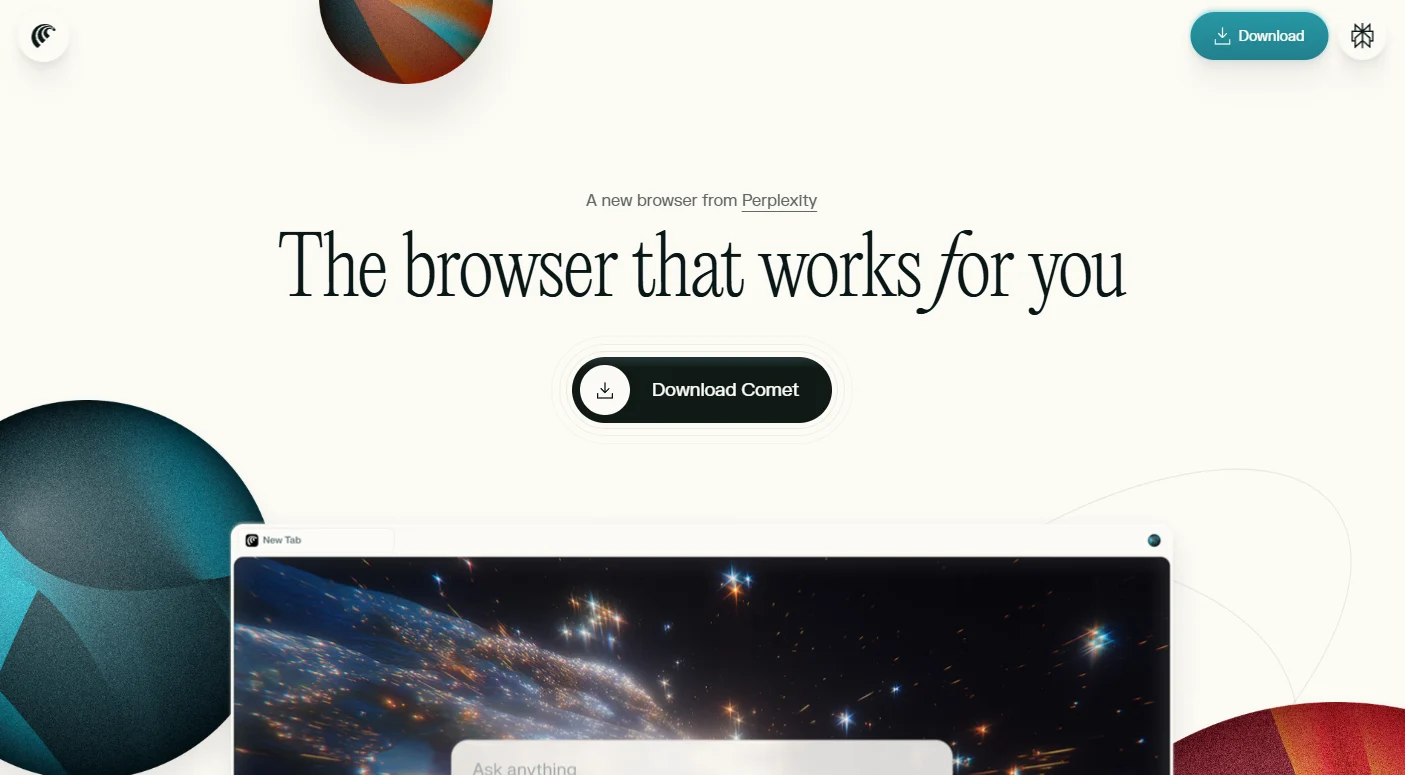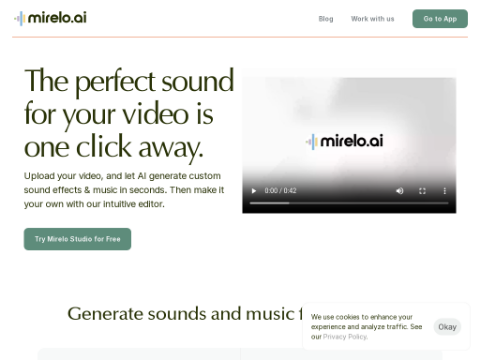OpenAI has recently unveiled a highly anticipated new feature that integrates web search capabilities into ChatGPT. This functionality is available to ChatGPT Plus and Team subscribers, transforming the popular chatbot into a comprehensive search engine. Users can now access a wide range of real-time information, including news, sports scores, weather forecasts, and stock market updates.
ChatGPT's search feature is revolutionizing the way users interact with search engines. Instead of presenting a list of links, it processes the search results and delivers them seamlessly within the conversation. Users can further explore the information through follow-up questions, with the system enhancing responses based on the entire chat history. Each response includes source links, allowing users to verify information and delve deeper into related topics.
For instance, a query about local weekend activities might receive a concise summary directly from local news websites. If a user subsequently inquires about nearby restaurants, ChatGPT's search will adapt to the context, offering more accurate restaurant recommendations and incorporating maps or other visual elements when necessary. This adaptability makes the search experience more immersive and intuitive, providing significant advantages over traditional keyword-based search methods.
This launch positions OpenAI in direct competition with Google Search and Microsoft's Bing. However, there is a notable distinction: OpenAI currently does not intend to display ads within search results. This approach contrasts sharply with traditional search engines, which generate billions of dollars in revenue through advertising.
OpenAI has also implemented measures to address potential impacts on publishers caused by its AI systems. The company has partnered with major news organizations, including the Associated Press, Axel Springer, and Vox Media, to ensure proper attribution and compensation for content. Publishers have the option to decide whether their content appears in ChatGPT’s search results.
The new feature is accessible via ChatGPT’s website, mobile app, and desktop application. Its rollout will occur in phases, with Plus and Team subscribers gaining immediate access, businesses and educational users receiving access in the coming weeks, and free users obtaining access in the subsequent months.
OpenAI has stated plans to further enhance the search experience, particularly for queries related to shopping and travel. Additionally, the company is working on integrating this search feature with advanced voice capabilities, potentially transforming the way users interact with online information through voice commands.
The current question is whether this new approach that combines conversational AI with real-time web information is compelling enough to change how users search for information online. Google has dominated the search landscape for decades, but ChatGPT’s more natural, dialogue-based search method might attract users who are dissatisfied with traditional search engines.


